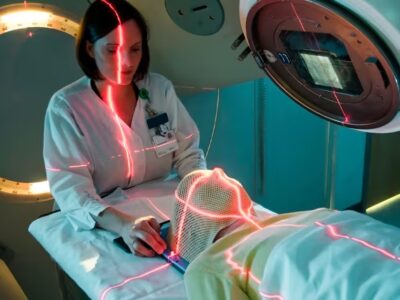
Signs of impotence, more commonly known as erectile dysfunctions (ED) include: Not being able to have an erection sufficiently to sustain a satisfying sexual experience. Not being able to have an erection at all, or being able to achieve and maintain an erection just before ejaculation. Being unable to achieve an erection at all, but still being able to have sex. Or just having sex occasionally, but not being able to have an orgasm.
There are several physical causes of impotence. Impotence is not the only disorder associated with the penis, but it is one of the most common. Other physical causes of impotence include diseases of the urinary tract, diabetes mellitus, cardiovascular disease, hypertension, and some psychological disorders including depression. Psychological impotence may be more difficult to treat, as the psychological symptoms are not always easy to identify and treat.
As a psychological impotence can develop due to many factors, it is sometimes difficult to pinpoint the actual cause. Impotence can be caused by a variety of factors and so cannot be treated in the same way as physical impotence. If you suspect that your impotence has been caused by psychological factors then it is important to make some lifestyle changes that will help reduce or eliminate your impotence. These lifestyle changes include eating a healthy diet, reducing stress, and doing regular exercise. All of these things can improve your general health and well-being.
Living a healthier lifestyle can have several benefits. Being more physically fit can help you have a healthier heart and lower your overall blood pressure, diabetes, obesity and other heart disease risks. Lifestyle changes can also reduce the likelihood of suffering from impotence as they can help you to lead a more active life and to maintain a healthy weight.
Impotence is one of the most common causes of erectile dysfunction in men. However, erectile dysfunction is not the only physical health issue that can lead to impotence. Men who suffer from high cholesterol or have high blood pressure are more likely to have sexual problems. In addition, aging can lead to impotence as well as certain diseases.
Impotence can be either voluntary or involuntary. Voluntary impotence is usually caused by old age and can be corrected through medical treatment. Involuntary impotence, however, is often caused by diseases or conditions that cannot be corrected through medication. Impotence is often diagnosed when an individual is in middle age or has reached the menopause. When you visit a clinic like preferredmensmedical.com for treatment of impotence, you should not be embarrassed about calling him for an examination since it is a very common medical condition.
The symptoms of impotence, also known as erectile dysfunction (ED), include: Being unable to have an erection. Being able to have an erection at times, but not always. Being able to have an erection but not be able to have it hard enough to penetrate during sexual intercourse. Having decreased sex drive and performing poorly in bed. Sometimes the lack of an erection can lead to serious relationship problems or even depression.
There are a number of different physical causes of impotence. Some of these are age (the man may be older than his chronological age), heredity (runs in the family), and neurological problems. But one of the most common causes of impotence is heart disease. There are a number of physical causes of heart disease including the blockage of blood flow in the arteries. These blockages can often lead to problems with the circulatory system and can cause impotence.
Other physical causes of impotence increase with high blood pressure. People who have hypertension (hypertension) often have problems with their cardiovascular systems. This is due to the fact that hypertension causes the heart to pump harder and for a longer period of time than it should. When there is not enough blood flowing through the body, this decreased blood flow leads to a decreased ability for the body to heal itself when injury occurs. When this happens it is much easier for the tissues to become damaged, which can lead to physical problems.
One of the physical causes of impotence occurs when the penis is underdeveloped. When it is underdeveloped, there is not enough tissue for the penis to actually fit into. There are a number of factors that can increase the risk factors for impotence, including being male of childbearing age, having a weak immune system, or being obese.
One of the psychological causes of impotence can be a man’s belief that he cannot perform sexually. The main cause of this type of impotence can be psychological issues that affect a person’s ability to accept the physical condition that they have. Having negative beliefs can be difficult to change, but dealing with them can lead to positive changes. There are psychological issues that can actually bring on impotence or erectile dysfunction such as low self-esteem, stress, and depression.
Performance anxiety is another one of the psychological causes of impotence. This type of anxiety deals with the level of physical arousal that someone feels when they are about to have sex. When there is a lack of sexual performance anxiety, people will experience physical symptoms such as dizziness, lightheadedness, dry mouth, sweating, and muscle tension. Having too much of this anxiety can have a detrimental effect on one’s libido. Therefore, treating the health issues that are bringing on the performance anxiety is one of the more important solutions to resolving the libido problem that many men face in their life.











